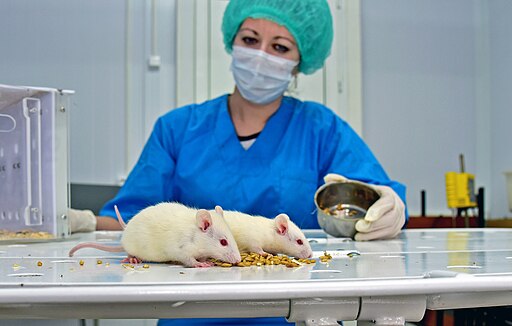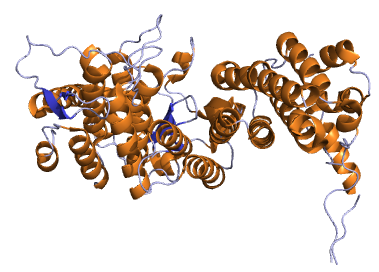A Decline in Hypothalamic Menin Drives the Aging Process, and Dietary Supplement can Reverse it in Mice
A new study published by Lige Leng of Xiamen University, Xiamen, China, and colleagues on March 16th, 2023 reveals a possible link between the decline in hypothalamic Menin and aging. These findings revealed a previously unknown driver of physiological aging, and now suggest that the addition of a simple amino acid may reduce age-related changes.
“We speculate that the decline of Menin expression in the hypothalamus with age may be one of the driving factors of aging, and Menin may be the key protein connecting the genetic, inflammatory, and metabolic factors of aging” – Leng
The hypothalamus is known to be a key mediator in physiological aging. Over time its tissue becomes inflamed, thereby causing an increase in neuroinflammatory signaling. The inflammation then spreads to the brain and the periphery of the nervous system, promoting aging-related degenerative diseases. Leng’s research showed that Menin, a hypothalamic protein, is an inhibitor of hypothalamic neuroinflammation, therefore inferring a negative correlation between the quantity of Menin and aging processes.
Leng observed that Menin in the hypothalamus declines with age. Leng and his colleagues devised an experiment using conditional knockout mice, in which Menin activity could be inhibited. They recorded that Menin-deprived younger mice had an increase in hypothalamic neuroinflammation, aging-related phenotypes including reductions in bone mass and skin thickness, cognitive decline, and modestly reduced lifespan. To fully understand the effects Menin has on aging, Leng “flipped” the experiment and delivered the gene for Menin to elderly mice. Thirty days later, they found improved skin thickness and bone mass, along with better learning, cognition, and balance.
Connection to AP Bio
Menin is a scaffold protein. One of its many functions is to upregulate the expression of cyclin-dependent kinase (CDK) inhibitors, thereby reducing beta-cell proliferation. This inhibition causes the cells to stop developing after G1. This then halts the entire process of cell division, as the cell cannot replicate its DNA and go through mitosis.




Leave a Reply